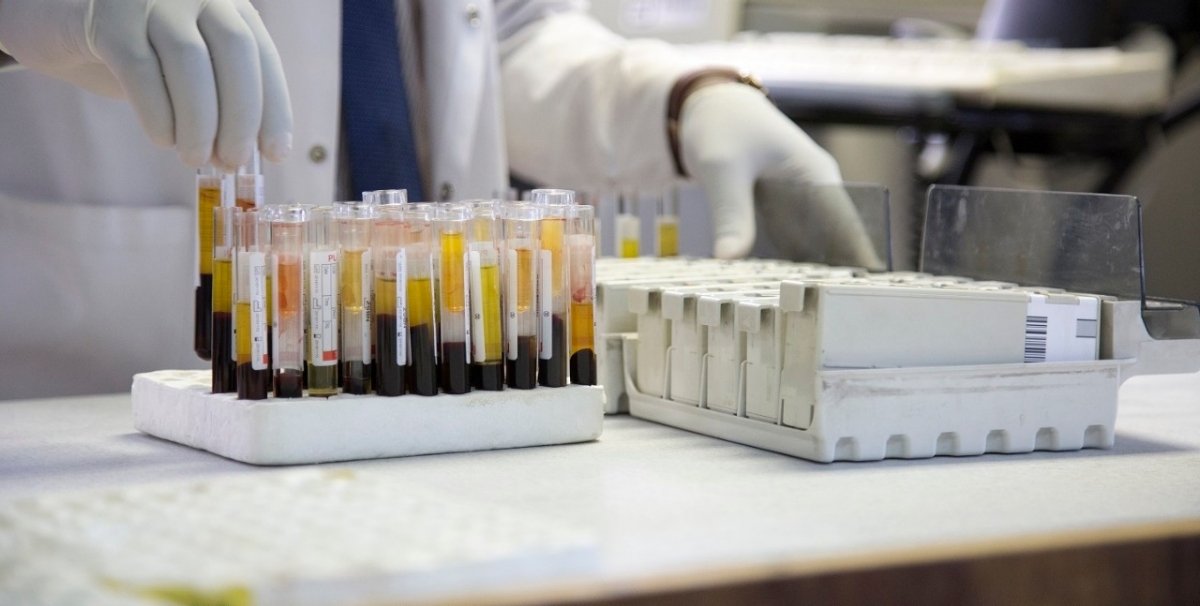Source – undp.org
Marking the coming of the fourth industrial revolution, the use of artificial intelligence (AI) is permeating every major industry from healthcare to transportation, education, finance and insurance. The McKinsey Global Institute (pdf) says that AI is contributing to a transformation of society “happening ten times faster and at 300 times the scale or at roughly 3,000 times the impact” of the Industrial Revolution.
In the healthcare industry, AI’s ability to help clinicians make diagnoses is one major way in which patients are benefiting directly. Technology giant IBM brought AI into the mainstream of healthcare, when it offered its AI platform Watson to cancer centres in 13 countries to aid oncologists in identifying evidence-based treatment options for patients.
The promise of AI is not limited to commercial applications. It shows great potential to help solve some of the world’s most challenging development problems that UNDP staff across the world contend with on a daily basis. A promising endeavour is the use of AI to automate UNDP’s Rapid Integrated Assessment (RIA) – a tool that helps governments assess the alignment of national development plans and sectoral strategies with the 169 targets of the Sustainable Development Goals to determine a country’s readiness for implementation of the global development agenda.
As part of the Science for Social Good programme, UNDP teamed with IBM Research to automate the RIA, a tedious process which typically would take experts three to four weeks to complete and entail manually reviewing hundreds, and in some cases thousands, of pages of documents and assessing alignment of national development priorities with the Global Goals for Sustainable Development.
Using AI, the initiative developed an algorithm that has been tested to evaluate the national development plans of five countries (Bhutan, Cambodia, Liberia, Mauritius, and Namibia) where manual RIAs were already undertaken. This was done to compare the results from the application of the algorithm with the results of the manual RIAs conducted by experts. The overall results have been very positive, with the system identifying a significant number of relevant national targets that align with the SDG targets. In some cases, the system has also been able to identify aligned national targets that were not picked up by experts when conducting the manual RIAs.
Similar encouraging results were seen on applying the algorithm to the national plan of Papua New Guinea, a country for which a RIA has not yet been performed. Of significance is that with the help of this system, the time taken to conduct a RIA could be substantially reduced, from three to four weeks to three to four days. The success of this endeavour is noteworthy as it will help countries to quickly identify gaps in alignment thus enabling them to better integrate the SDGs into their planning frameworks based on their specific context and priorities.
While AI has the potential to address many of the world’s development problems, there are growing concerns about the impacts of AI on labour markets and the required skill sets needed to embrace this new technology. Mitigating these challenges will require ensuring that AI is harnessed for the common good where benefits are shared broadly, particularly among those most marginalized. Ultimately, AI is not good or bad in and of itself. It’s all about how we choose to use it.
